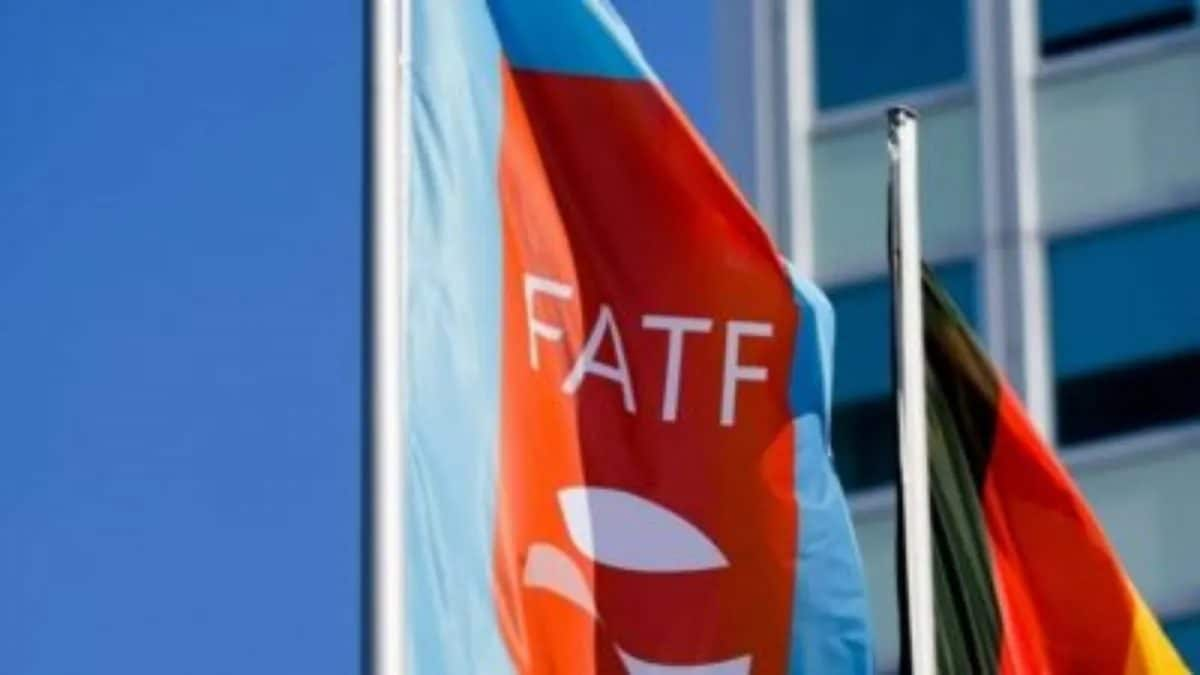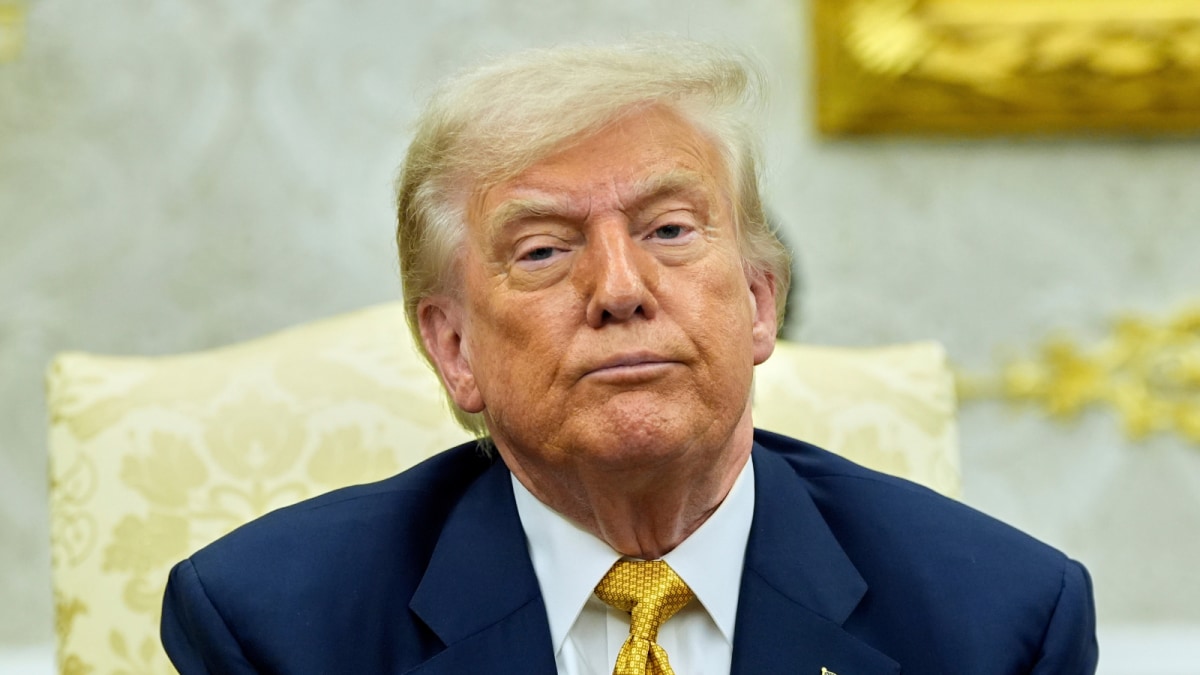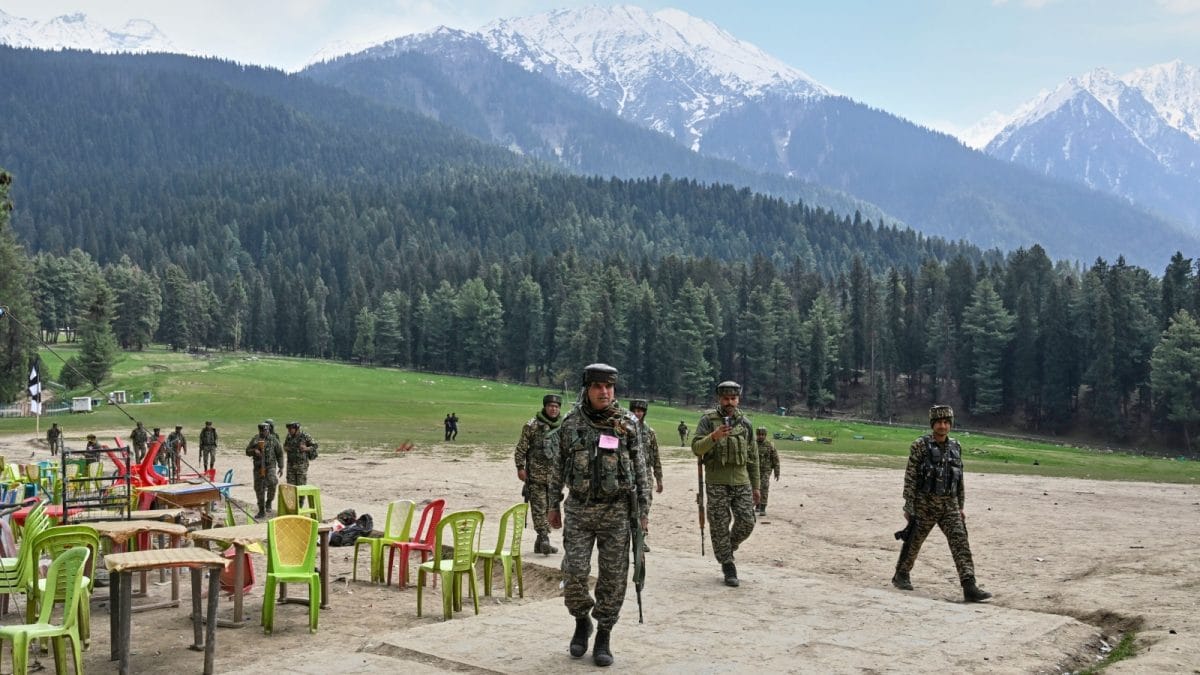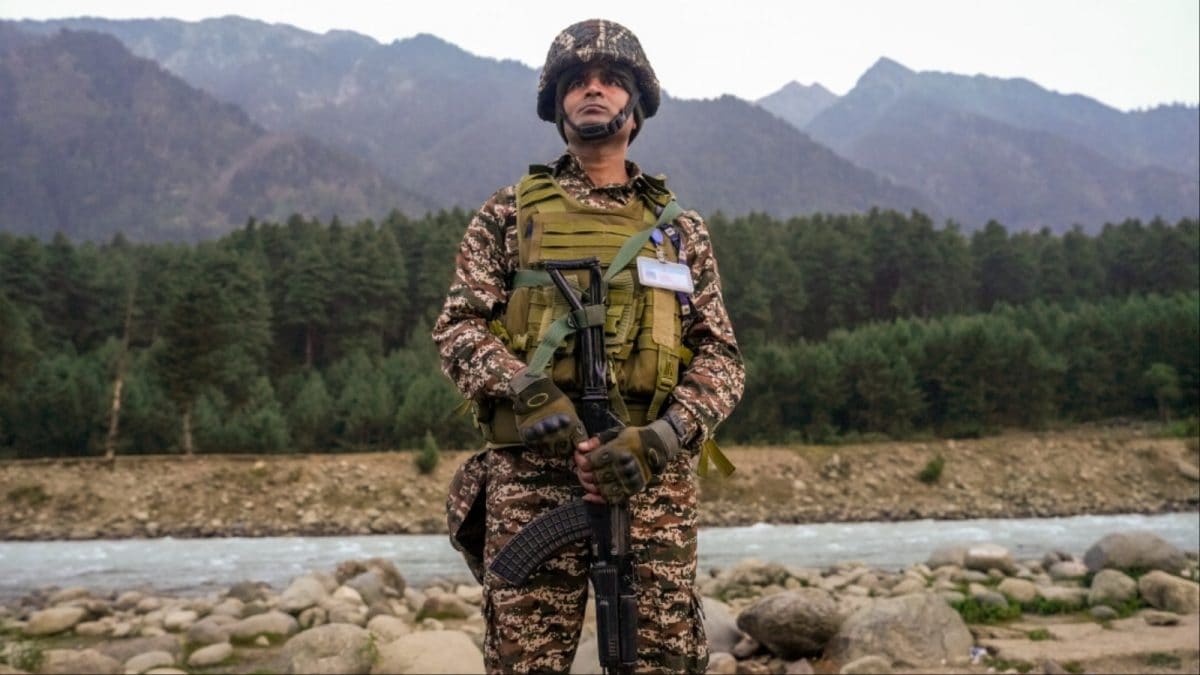Pakistani Prime Minister Shehbaz Sharif, in a stark admission of his country's financial woes, said even close allies no longer expect Islamabad to roam the world with a "begging bowl." Amid rising tensions with India, Sharif added that both he and Army chief Field Marshal General Asim Munir were unwilling to shoulder the weight of economic dependency any longer.
Addressing Pakistani military personnel in Quetta on Saturday, the provincial capital of restive Balochistan, Sharif called China a "time-tested" friend and Saudi Arabia a "trustworthy" and "reliable" ally.
"China is the most time-tested friend of Pakistan. Saudi Arabia is one of the most reliable and trustworthy friends of Pakistan. This applies to Turkey, Qatar and the UAE," he said.
"But let me point out abundantly here that they expect us now to engage them in trade, commerce, innovation, research and development, education and health, investments, and profitable ventures mutually. They no longer expect us to go there with a begging bowl," he added.
Sharif stressed that Pakistan should fully utilise natural and human resources to tide over its economic challenges, adding that he and Field Marshal Asim Munir no longer want to carry the burden of dependency on their shoulders.
"I am the last person, along with Field Marshal Asim Munir, to carry this (economic) burden any more on our shoulders. The Almighty has blessed us with natural and human resources. We must make full use of them and deploy them for these very profitable ventures," he further said.
The Pakistani Prime Minister's remarks came at a time when its allies like Turkey have sided with Islamabad and condemned India's strikes on terror camps in the neighbouring country.
On May 7, India launched Operation Sindoor, military strikes on nine terror bases in Pakistan and Pakistan-Occupied Kashmir (POK) in retaliation for the April 22 Pahalgam terror attack, which killed 26 people. The strikes killed 100 terrorists from the Jaish-e-Mohammed, Lashkar-e-Taiba and Hizb-ul-Mujahideen.
Operation Sindoor was launched in response to the Pahalgam terror attack on April 22, which killed 26 people, mostly tourists.
Pakistan then sought to escalate the situation by launching a barrage of drones and missiles at Indian cities and military installations, but they were shot down by India's S-400 air defence system. India then launched a fierce counter-attack, striking 11 Pakistani military sites across the country, before both sides agreed to cease all fighting.
Recently, the Monetary Fund (IMF) gave cash-strapped Pakistan a fresh bailout of USD 1 billion despite strong objections from India. The bailout is part of a support package under the Extended Fund Facility (EFF), approved in September 2024, which totals USD 7 billion. Till now, Pakistan has received USD 2.1 billion through this programme.
India had recently asked the IMF to reconsider its decision to help Pakistan financially, arguing that the country continues to support terrorism and allows such groups to use its land to plan and carry out attacks against its people.
In response to New Delhi's objections, the IMF said that the financial support it gave to Islamabad was part of an earlier agreement and followed normal procedures.
Published By:
Prateek Chakraborty
Published On:
Jun 1, 2025
Tune In

 1 month ago
1 month ago
















